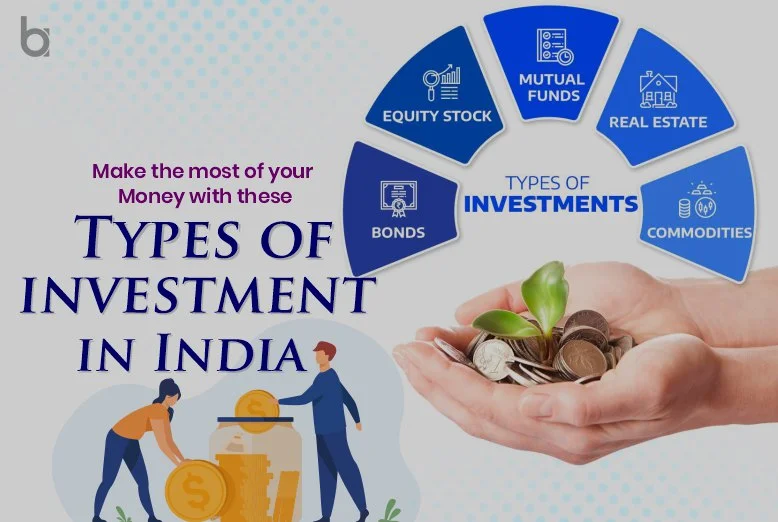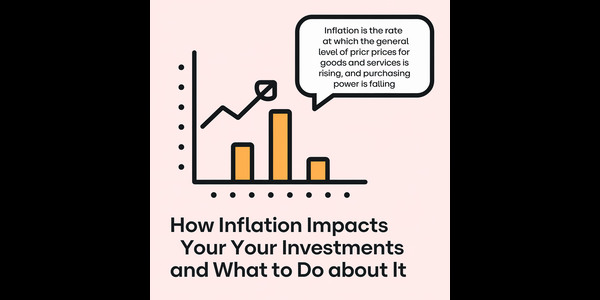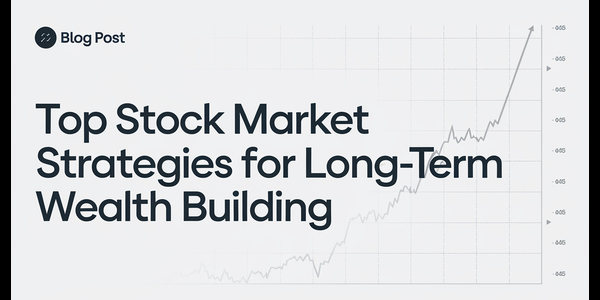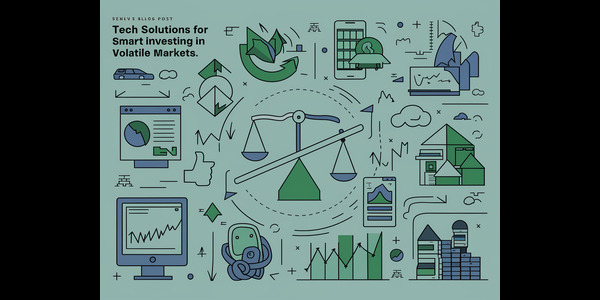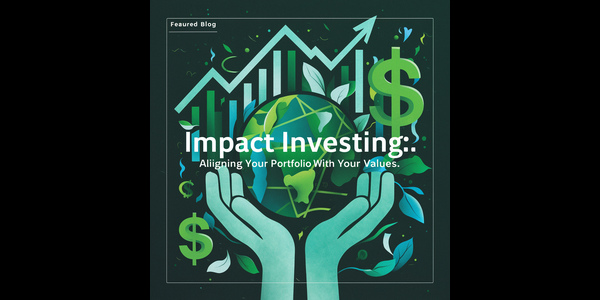Inflation is a term that often makes headlines, especially during times of economic uncertainty. For investors, understanding how inflation impacts their portfolios is crucial. Inflation can erode purchasing power and affect the value of investments. However, with the right strategies, you can protect your assets and even find opportunities to grow your wealth. In this blog post, we will explore how inflation influences different types of investments and offer actionable steps you can take to mitigate its effects.
What Is Inflation?
Inflation refers to the general increase in prices over time, which reduces the purchasing power of money. In simpler terms, what you can buy with ₹100 today will likely cost more in the future. This means that your money loses value if it does not grow at a rate equal to or higher than the inflation rate. For example, if inflation is at 5% per year, your investments need to yield more than 5% just to maintain their value.
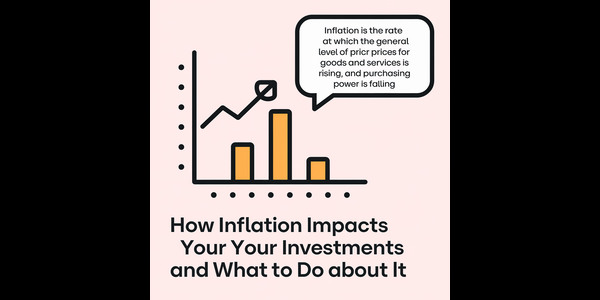
How Does Inflation Affect Your Investments?
Inflation affects various asset classes differently, and understanding these effects can help you make informed decisions. Let’s look at some common investment types:
- Stocks: Generally, stocks tend to outperform inflation over the long term. This is because companies can increase their prices to keep up with rising costs, thereby maintaining or even boosting profits. However, during periods of high inflation, stock prices can become volatile, as investors may worry about rising interest rates and economic slowdowns.
- Bonds: Bonds are more vulnerable to inflation. When inflation rises, the fixed interest payments from bonds lose purchasing power. As a result, bond prices usually fall in an inflationary environment. Moreover, if new bonds are issued at higher interest rates, existing bonds with lower rates become less attractive, further driving down their prices.
- Real Estate: Real estate often acts as a hedge against inflation. Property values and rental income tend to rise with inflation, making real estate a popular choice for those looking to preserve and grow their wealth. However, it’s important to consider factors such as location, property type, and market conditions before investing in real estate.
- Commodities: Commodities, such as gold and oil, typically benefit from inflation. As the prices of goods and services rise, so do the prices of commodities. Investors often turn to commodities during inflationary periods as a way to protect their portfolios. However, commodities can be volatile, so they should be approached with caution.
Strategies to Protect Your Investments from Inflation
While inflation is an inevitable part of the economic cycle, there are several strategies you can use to safeguard your investments. Here are some steps you can take:
- Diversify Your Portfolio: Diversification is one of the best ways to protect your investments from inflation. By spreading your investments across different asset classes, such as stocks, bonds, real estate, and commodities, you can reduce your overall risk. Diversification helps ensure that if one asset class is negatively affected by inflation, others in your portfolio may perform well.
- Invest in Inflation-Protected Securities: Inflation-protected securities, such as Treasury Inflation-Protected Securities (TIPS), are designed to protect against inflation. These bonds adjust their principal value based on the inflation rate, ensuring that your investment retains its purchasing power. While TIPS may offer lower returns compared to other bonds, they provide a valuable hedge against inflation.
- Consider Real Assets: Real assets, such as real estate and commodities, tend to perform well during inflationary periods. Investing in these assets can help preserve your wealth as prices rise. However, it’s essential to conduct thorough research and consider factors such as market trends and economic conditions before making any investments.
- Review and Adjust Your Portfolio: Regularly reviewing and adjusting your portfolio is crucial in an inflationary environment. As economic conditions change, certain investments may become more or less attractive. By staying informed and making necessary adjustments, you can ensure that your portfolio remains aligned with your financial goals.
- Focus on Growth-Oriented Investments: Growth-oriented investments, such as stocks in companies with strong earnings potential, can help you stay ahead of inflation. These investments have the potential to deliver higher returns, which can outpace the rate of inflation. While growth stocks can be volatile, they offer the opportunity for significant capital appreciation over the long term.
Conclusion
In conclusion, inflation is a key factor that can significantly impact your investments. However, by understanding how inflation affects different asset classes and implementing strategies to protect your portfolio, you can mitigate its effects. Diversifying your investments, considering inflation-protected securities, and focusing on growth-oriented assets are just a few of the steps you can take. By staying proactive and informed, you can navigate the challenges of inflation and continue to grow your wealth over time.
